Decades ago, from the dusty streets of Daura in northern Nigeria, a young boy named Muhammadu Buhari embarked on a journey that would ultimately shape his life and to some extent, the destiny of the nation. Emmanuel Addeh writes on the late Nigerian President’s legacy and his many foibles.
At an early age, the Nigerian Army became his arena and for the next several decades, Muhammadu Buhari rose to prominence. His reputation grew during the tumultuous years of the Biafran Civil War, where he earned a place among the military elite. But it was his rise to head of state in 1983, via a military coup, that truly marked the beginning of his national impact.
1983 Coup & War Against Indiscipline
Buhari’s first tenure as Nigeria’s military leader was defined by his “War Against Indiscipline,” an aggressive campaign to restore societal order as uniforms, queues, and public behaviour all came under scrutiny.
The anti-corruption crusade earned him both admirers and critics; his strict policies resonated with many, but his methods and the harshness with which they were sometimes implemented provoked controversy. In 1985, he was ousted from power, landing briefly in prison before his release and eventual retirement from military life.
An Unlikely Democratic Journey
For the years that followed, Nigeria’s political stage was tumultuous and Buhari remained largely distant. Yet as frustration in the country simmered, fueled by economic woes and widespread corruption, the military man turned politician said he felt the call of public service once more.
For several years, he launched a democratic bid, until in 2015, when he succeeded at the age of 72. Buhari battled an incumbent President Goodluck Jonathan, emerging victorious and making him the first opposition candidate ever to unseat a sitting Nigerian leader.
Double-edged Anti-graft War
Buhari’s campaign slogan “to sweep away evil with a broom”, he said, was more than rhetoric. Upon taking office, he implemented the Treasury Single Account (TSA), a policy that centralised government revenues and claimed to save the nation trillions of naira.
He established the Presidential Advisory Committee Against Corruption and reinforced the whistleblower legislation. Under his watch, the Economic and Financial Crimes Commission (EFCC) took unprecedented action, prosecuting judges, military personnel, and officials and repatriating loot left from the infamous Abacha years.
Buhari’s anti-corruption drive attracted praise from international allies, but critics accused him of selective enforcement and political motivations, claiming key prosecutions targeted his rivals while allies were often left untouched.
The P&ID Victory
One of the defining achievements of Buhari’s international legacy came in 2023, when Nigeria scored a landmark legal victory in its long-running arbitration battle with the Process and Industrial Developments (P&ID) Ltd.
The British firm had initially secured over $10 billion award against Nigeria over a failed gas project, threatening the country’s sovereign assets abroad. But under Buhari’s administration, Nigeria mounted a determined legal challenge.
A UK court eventually overturned the arbitration award, citing fraud and corruption in the original deal. It was not just a win in court, it was a powerful statement of state sovereignty, a demonstration that Nigeria could resist being cornered by commercial interests exploiting weak governance.
Buhari’s tenacity in pursuing the case, despite diplomatic and financial pressures, won commendation both locally and globally. For a presidency often critiqued at home, the P&ID victory offered a rare moment of unambiguous pride.
Infrastructure: Railways, Roads, Bridges
Buhari’s broom wasn’t limited to sweeping corruption. It also aimed to clear Nigeria’s infrastructural stagnation. Under Buhari, rail projects long frozen in bureaucratic limbo, especially those connecting Lagos to Ibadan, Warri to Kogi and Abuja to Kaduna were finally completed.
Although still a drop in the ocean, infrastructure like the monumental Second Niger Bridge became reality, and a wave of dam, housing, and road projects rolled out across every corner of the country.
For many, Buhari earned a new title: the “Infrastructure President.” His government also launched the National Council on Climate Change, a signal that infrastructure and environmental awareness could go hand in hand.
Social Investment and Welfare
Despite these large-scale projects, social welfare remained firmly in Buhari’s view. He championed the National Social Investment Programme (NSIP), a multi-pronged effort to empower vulnerable citizens through direct cash transfers, interest-free loans for traders and farmers, and school feeding initiatives.
The Presidential Fertiliser Initiative funded to stimulate agriculture touted the local production of one million metric tons of fertiliser, reducing dependency on foreign imports and empowering rural farmers.
These policies, taken in combination, sought to address massive challenges: poverty, youth unemployment, and economic inequality. Although they were imperfect, they were largely seen as steps in the right direction.
Reformist Approach to Economy
Economically, Buhari followed through on reforms: New finance legislation, pension updates, housing incentives, and prison information systems took shape. The Companies and Allied Matters Act of 2020 modernised corporate governance, an example of his commitment to law and order, even within the private sector.
He also tried to reform Nigeria’s fuel subsidy regime, a politically explosive undertaking, but one he insisted was necessary to reallocate funds toward more productive sectors. On this count, he did not fully succeed, although he raised the price by up to 100 per cent.
Yet, the Nigerian economy faced repeated hurdles under his leadership. Currency devaluation, inflation, and sluggish growth marred his tenure, and unemployment levels reached uncomfortable highs. His critics argued that his economic team lacked dynamism, while his supporters maintained that structural reforms take time to yield results.
Electoral Reform
One of Buhari’s understated yet significant contributions to Nigerian democracy was signing the Electoral Act Amendment Bill into law in February 2022. After years of pushback and delays, the amended Act introduced innovations like electronic transmission of results and early primaries, aimed at enhancing the credibility and transparency of elections.
However, although this move was widely applauded by civil society and election observers, especially for strengthening the Independent National Electoral Commission (INEC) independence and limiting manipulation of collation processes, the system experienced major glitches during the 2023 poll.
Foreign Policy & Regional Leadership
It is widely believed, even by his greatest critics’ that Buhari played a stabilising role within West Africa and the African Union (AU). He was instrumental in mediation efforts in The Gambia during Yahya Jammeh’s post-election standoff, helping to avert violence and ensuring a peaceful transition.
Nigeria’s standing in ECOWAS strengthened during his tenure, and he emphasised anti-terror collaboration with neighbouring countries like Chad, Cameroon, and Niger through the Multinational Joint Task Force (MNJTF). While not seen as a charismatic diplomat, Buhari’s image as a statesman lent quiet credibility to Nigeria’s regional engagements.
The Petroleum Industry Act
Buhari signed the long-awaited Petroleum Industry Act (PIA) into law in 2021 after nearly two decades of political gridlock. This landmark legislation was designed to reform Nigeria’s oil and gas industry by restructuring NNPC into a limited liability company.
He also established regulatory clarity between upstream, midstream, and downstream segments. Besides, the law created a 3 per cent Host Community Development Fund (HCDF). Although implementation lagged and the 3 per cent fund sparked tension in the Niger Delta, the passage itself broke a legislative jinx and signaled intent to modernise the sector.
Digital Economy, Identity Reform
In the eight years that Buhari governed Nigeria, the digital space saw rapid growth. The launch and expansion of National Identity Number (NIN) registration, coupled with SIM-NIN integration, were positioned as moves to enhance national security and digital governance.
Besides, the Nigeria Startup Act, passed in 2022, was another major highlight which provided a regulatory framework to support startups and tech hubs, particularly in fintech. Additionally, agencies like the National Information Technology Development Agency (NITDA) and the Digital Economy Ministry received greater visibility, with Buhari encouraging young Nigerians to embrace coding, digital skills, and entrepreneurship as a future path away from oil dependency.
Food Security Push
Although the success of this programme remains debatable, Buhari championed agricultural self-sufficiency, banning forex access for food imports and supporting local production through programmes like the Anchor Borrowers’ Programme (ABP), Presidential Fertiliser Initiative and National Livestock Transformation Plan.
These policies led to increased local rice production and growth in agribusiness, though critics argue that banditry, flooding, and poor storage systems limited the full impact.
The Siemens Deal
Buhari initiated a strategic power infrastructure agreement with Siemens AG under the Presidential Power Initiative (PPI), targeting a phased upgrade of transmission and distribution infrastructure to raise national grid capacity to 25,000mw.
Though progress has been slow and actual generation has lagged behind targets, the project represented one of the most technically ambitious power sector partnerships in decades.
The CBN Autonomy Debate
While Buhari insisted he respected the Central Bank of Nigeria (CBN) independence, his tenure saw heavy central bank intervention in both monetary and quasi-fiscal areas, from rice farming to COVID-19 intervention funds.
The controversial naira redesign policy in 2023, which triggered cash shortages, sparked national uproar and raised questions about coordination between the presidency and the CBN. Nonetheless, Buhari defended the policy as necessary to combat vote-buying and illicit financial flows.
In addition, there was the accusation of uncurbed printing of the naira, a development that has been described as unprecedented in the nation’s chequered history.
COVID-19 Pandemic Response
Nigeria under Buhari responded early to the COVID-19 outbreak with border closures, lockdowns, and health interventions. The Presidential Task Force on COVID-19 coordinated containment strategies and international vaccine procurement, helping Nigeria avoid the massive fatality numbers predicted early on.
The rollout of conditional cash transfers and business support loans also aimed to cushion the pandemic’s economic fallout.
Questions over Judicial Autonomy
While judicial independence remained a sore spot, especially after the controversial suspension of Chief Justice Walter Onnoghen in 2019, Buhari did sign Executive Order 10 to grant financial autonomy to state judiciaries.
The order aimed to free state courts from the grip of governors and enhance rule of law at subnational levels, though enforcement remained inconsistent.
Unfinished War against Insecurity
Under Buhari, security remained a volatile problem: the Boko Haram insurgency in the North-east persisted, banditry and kidnappings marred the Middle Belt, and tensions flared around farmer–herder conflicts.
While Buhari’s military background made him a symbol of strength, his administration was believed to be slow to adapt to evolving security threats. New military chiefs were appointed, new strategies launched, but peace remained elusive in many parts of the country.
Despite some successes in reclaiming territory from insurgents, the psychological and economic toll of insecurity was enormous. Communities remained displaced, school abductions continued, and faith in the security apparatus remained shaky until his exit in May 2023.
Twitter Ban, #EndSARS Protests et al
In politics, some accused his administration of democratic backsliding, curbing media freedom, stifling dissent, and deploying security forces on protesters. Notable incidents, such as the handling of the #EndSARS protests and ban on Twitter in Nigeria cast a shadow over his civil liberties record.
Media organisations and activists frequently clashed with the government over press freedom, privacy rights, and freedom of speech.
Still, Buhari did not seek constitutional amendments to prolong his stay, nor did he interfere with the formal conduct of general elections. Many saw this as a commitment to constitutional order, even amid criticism.
Accusations of Nepotism
Among the more divisive elements of Buhari’s presidency was the perception that he governed with a Northern lens. From cabinet appointments to military command restructuring, critics argued that the Buhari administration tilted federal power towards the North and marginalised other regions, especially the South-east.
Although he insisted his decisions were merit-based, the optics often fueled allegations of ethnic bias. His slow response to violence involving Fulani herders, for example, deepened suspicions.
The former president’s dismissive comment during an early foreign interview where he described electoral regions as those who gave him “97 per cent” versus “5 per cent” of votes further damaged perceptions of national inclusiveness.
While his supporters defended him as fair and principled, insisting that his track record as a soldier and statesman disproved the charge of bigotry, the narrative of ethnic favouritism lingered throughout both terms and became almost a significant stain on his record.
Conclusion
Depending on who is talking, Buhari’s legacy is not easily defined. It was a mix of structural reform, uneven execution, missed opportunities, and quiet institutional wins.
His defenders remember him for personal integrity, restoring railways, passing the PIA, and standing firm in foreign courts, among others.
However, his critics remember a sluggish economy, rising insecurity, ethnic imbalance, and democratic backsliding. Regardless, his presidency changed the tone of national leadership, less flamboyance, more rigidity, and a focus on “doing things right,” however long they took.



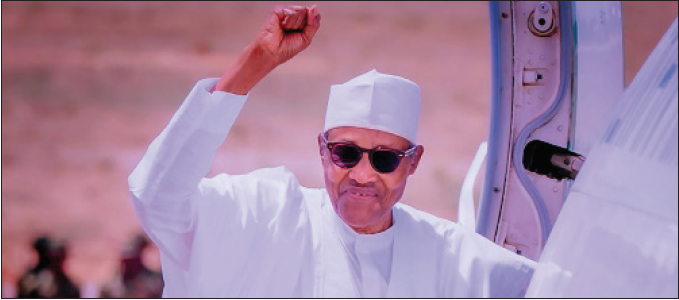
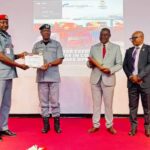
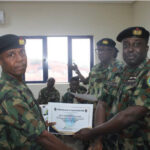

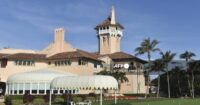
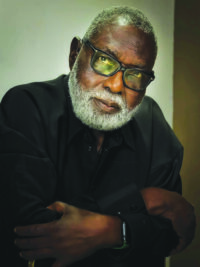
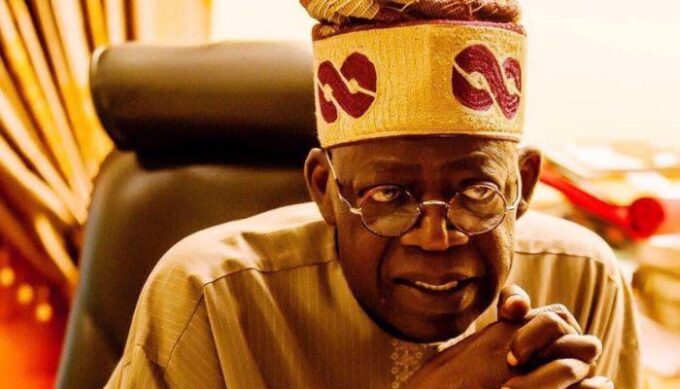
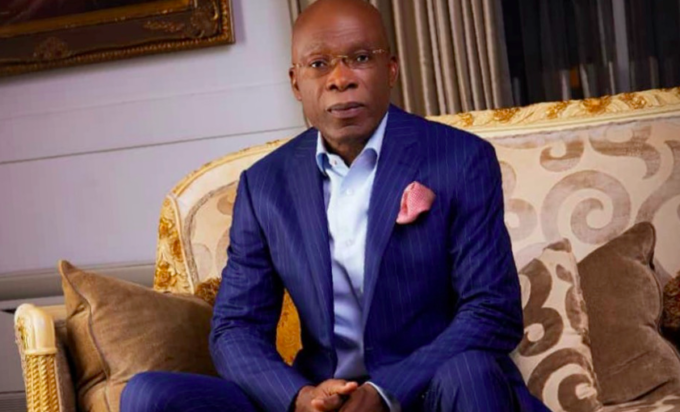
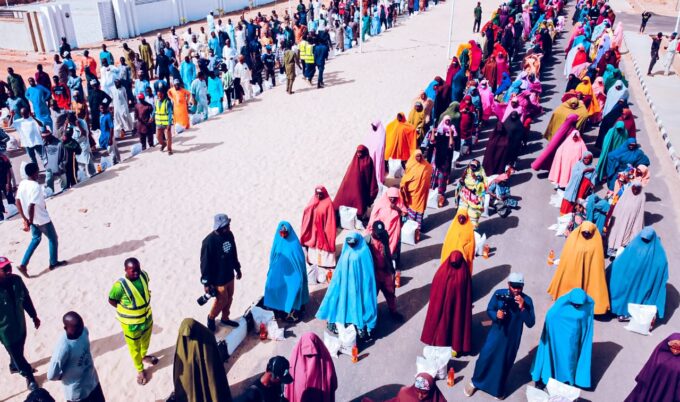
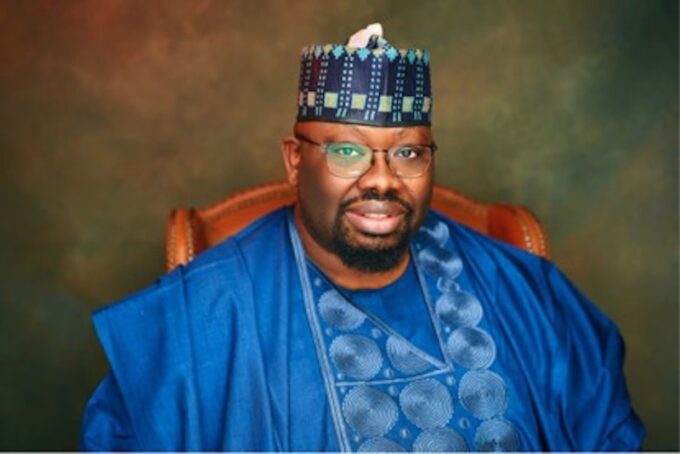


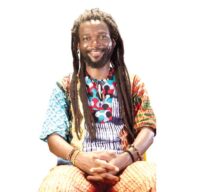
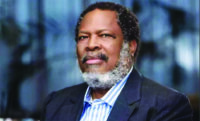
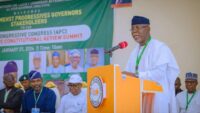
Leave a comment